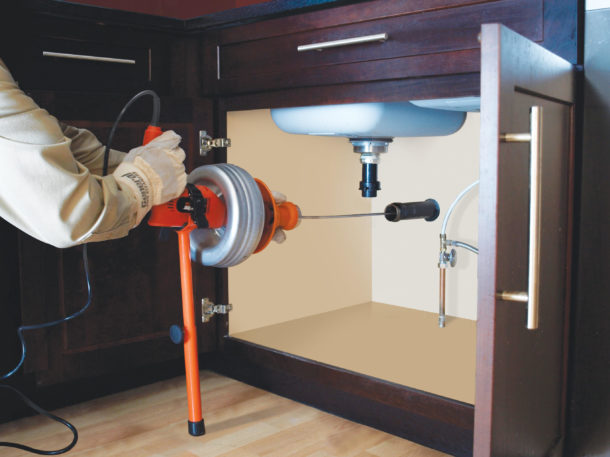As the old saying goes, prevention is better than cure. This is especially true in the world of plumbing. Plumbing issues can quickly translate to costly repairs and unimaginable disruptions if you don’t prevent or address them promptly. Here are some tips to help homeowners prevent common plumbing problems before they happen.
Safeguard Pipes from Freezing
After installing a plumbing system, you expect it to function optimally in all seasons. However, that’s not always the case in winter, as frigid temperatures cause the water in pipes to freeze. Sometimes, the frozen pipes burst, leading to costly plumbing damage.
Fortunately, you can avoid this by insulating the pipes. Pay more attention to those in unheated areas, like garages, attics, basement, and crawl spaces. You can use heating tape or pipe insulation sleeves to shield them from the dropping temperatures. Other options include sealing any air leaks, allowing your faucets to drip a little bit, and using a thermostat to maintain a consistent temperature.

Keep Drains Clear
A clogged drain and pipe is a common and avoidable plumbing problem. Hair and other debris can ball up into huge clogs in drains, restricting water flow. You can avoid this by simply cleaning your drains daily.
Grease and cooking oils are other culprits for drain clogs. Cooking oil can solidify in your drain pipes, causing blockage while grease attaches to pipes like glue, coating their inside to make them bumpy and sticky.
These bumps capture food particles, slowly reducing the pipe’s diameter. This eventually leads to slowed water pressure and flow. Find better ways to dispose of cooking oil and grease, like transferring them to another container and putting in the trash instead of pouring them down your drain.
Monitor Water Pressure
Extremely high water pressure can excessively strain your plumbing system, resulting in leaks and costly bursts. Consider using a water pressure gauge to keep an eye on your home’s water pressure. Experts recommend a water pressure of about 40 to 60 psi for a home. If yours exceeds these, install a pressure regulator to maintain a safe range.
Pay More Attention to What You Flush
Toilet drains are specifically established to handle toilet paper and human waste. Flushing items, like wet wipes, paper towels, cotton balls, and sanitary products, can be a recipe for blockage.
Even those labeled as flushable, especially wipes, can clog your drains and even the septic tank. A septic tank clog can facilitate the growth of bacteria that can ruin the septic tank itself and its pipes. So, always dispose of such items in the trash rather than flushing them.
Carefully Use Plumbing Cleaners
Avoid overusing DIY plumbing cleaners, as they can wear down your plumbing system’s walls over time. While they do a better job of clearing any unwanted materials from your plumbing system, most of them start to work on the inner lining of the systems themselves if they do not find any dirt or debris to remove.
Make Plans for Regular Plumbing Inspections
Let a professional plumber perform regular plumbing checks to highlight plumbing issues before they become unmanageable. Your routine inspection can include checking for visible signs of wear and tear, corrosion, leaks, and cracks. Your plumber can also inspect the pipes, appliances, and fixtures to ensure they are in good condition and functioning properly.
Plumbing problems cost homeowners a lot of money, yet they are preventable. Consider implementing these proactive steps discussed above and embracing regular maintenance to keep your plumbing system in perfect shape.




Join the conversation: